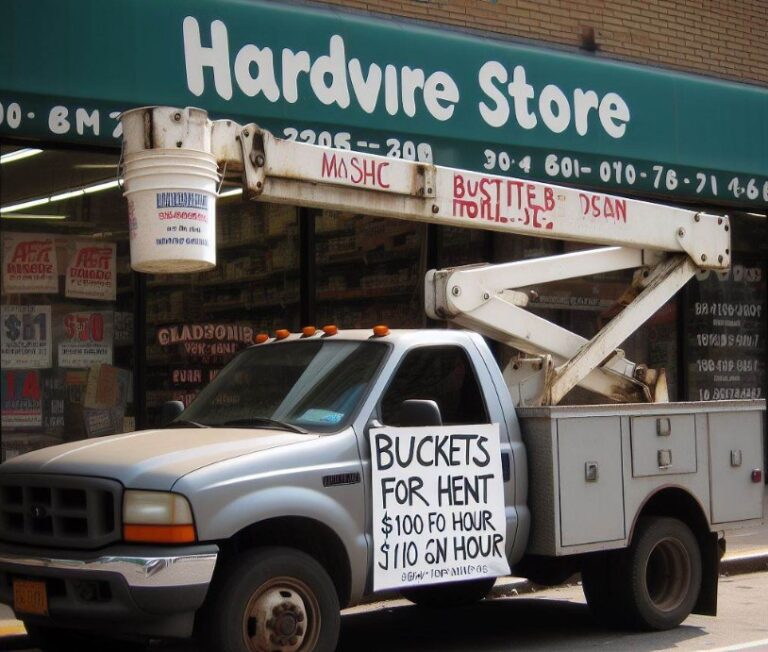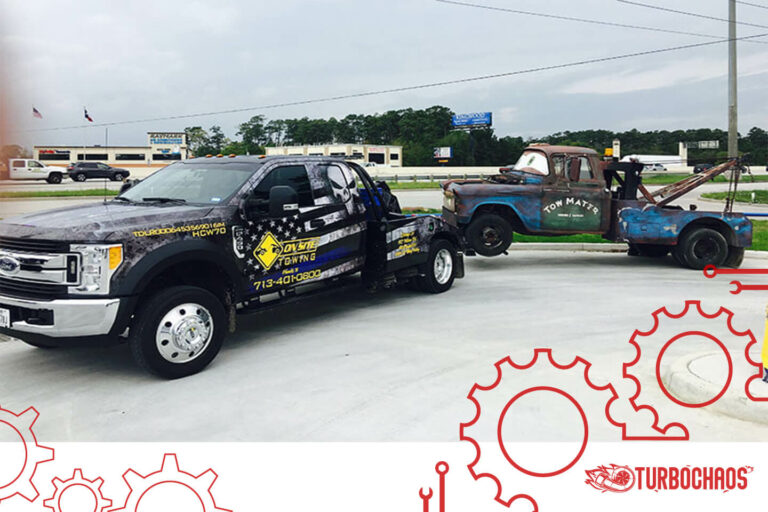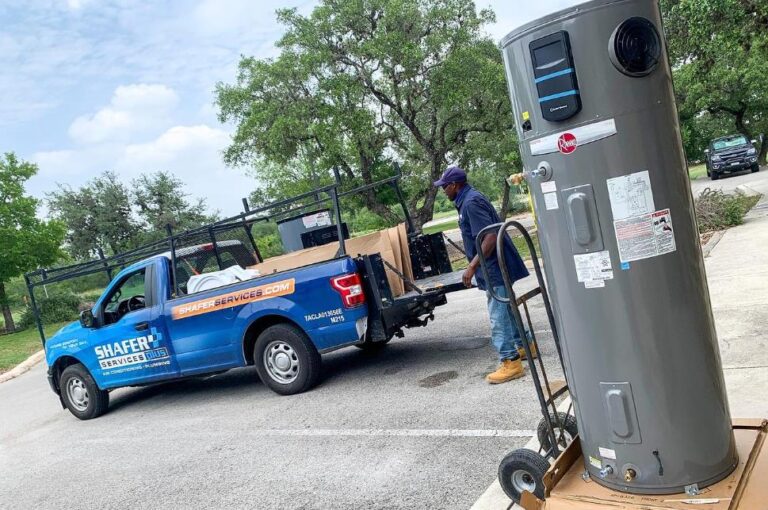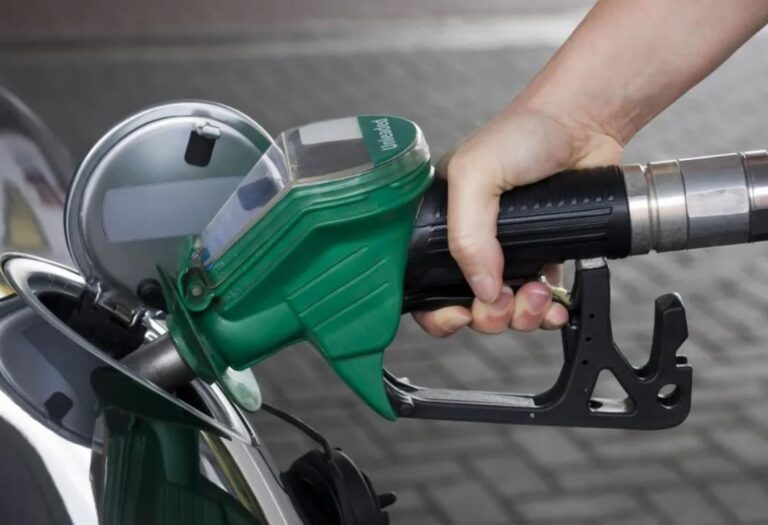Can You Pass A Garbage Truck On A Double Yellow Line?
Understanding the rules of the road is crucial for every driver, especially when it comes to overtaking large vehicles like garbage trucks. The query, Can You Pass A Garbage Truck On A Double Yellow Line? is not just about legalities but also concerns safety and road etiquette. This comprehensive guide aims to unravel this question with detailed insights, ensuring drivers make informed decisions while navigating roads.
Key Takeaways
- Legal Implications: Explains the legality of passing on a double yellow line.
- Safety Concerns: Highlights the risks associated with overtaking garbage trucks.
- State-Specific Regulations: Discusses variations in laws across different states.
- Alternative Strategies: Offers safer driving practices instead of overtaking.
- Environmental Impact: Considers the environmental aspect of garbage trucks on roads.
Can You Pass A Garbage Truck On A Double Yellow Line?
No, you generally cannot pass a garbage truck on a double yellow line. The double yellow line indicates that passing is not permitted due to safety concerns, such as limited visibility or oncoming traffic. It’s important to follow this rule to ensure the safety of all road users, including sanitation workers.
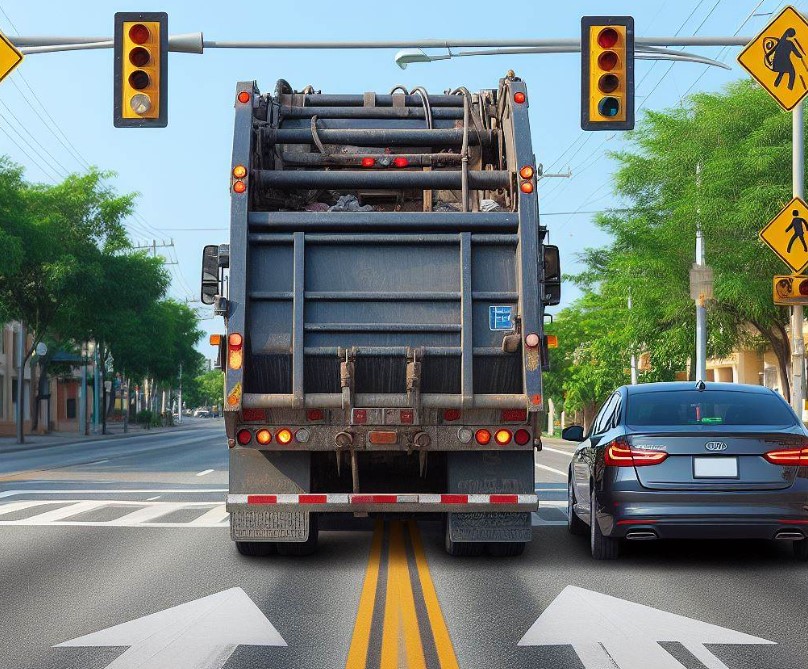
Legal Considerations
Understanding Traffic Laws
Before attempting to overtake a garbage truck, it’s essential to understand what a double yellow line signifies. In traffic regulations, a double yellow line is a clear indicator that passing is prohibited due to safety concerns. However, the legality of passing a garbage truck in such a situation can vary based on state laws and the specific circumstances of the road.
State-Specific Differences
Traffic laws can vary significantly from one state to another. Some regions might allow passing on a double yellow line in specific scenarios, such as when a vehicle is moving significantly below the speed limit, which can sometimes apply to garbage trucks. It’s crucial to be familiar with the local laws to avoid legal repercussions.
Safety Concerns
Risk Assessment
Passing a garbage truck, particularly on a road marked with a double yellow line, poses several risks. Garbage trucks often make frequent stops and have workers moving around them, increasing the likelihood of an accident if a vehicle attempts to overtake.
Visibility Challenges
Garbage trucks are large, bulky vehicles that can obstruct a driver’s view. When attempting to pass, a driver might not have a clear view of oncoming traffic, leading to potential collisions.
Alternative Strategies
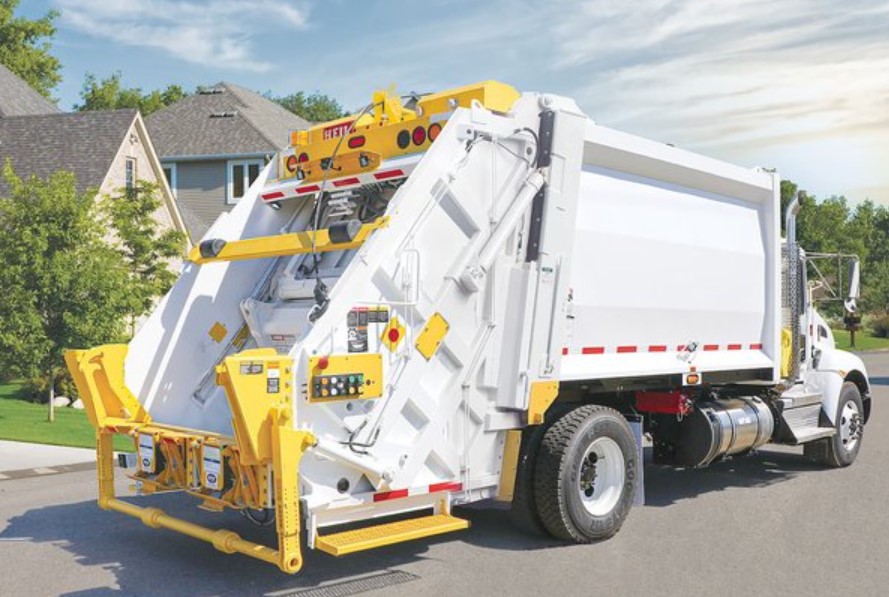
Patience and Etiquette
Instead of overtaking, exhibiting patience can be a safer alternative. Respecting the role of sanitation workers and understanding the temporary nature of their stops can help in making more prudent decisions on the road.
Route Planning
If you regularly encounter garbage trucks on your route, consider altering your schedule or path to avoid delays and the temptation to overtake unsafely.
Environmental Considerations
The Role of Garbage Trucks
Garbage trucks play a vital role in urban sanitation and environmental management. Understanding and respecting their function can foster a more harmonious and safe interaction on the roads.
Eco-Friendly Practices
Opting for safer driving practices around garbage trucks not only ensures safety but also supports environmental efforts by reducing the likelihood of accidents and traffic jams, which can contribute to pollution.
Is Overtaking Large Vehicles on Roads Safe?
Overtaking large vehicles, such as garbage trucks, raises significant safety concerns. The process requires careful consideration due to the unique challenges posed by the size and operation of these vehicles.

Large vehicles often have blind spots that can obscure a driver’s view, making it difficult for them to see smaller vehicles attempting to pass. This situation is exacerbated when the road has limited visibility or when traffic conditions are unpredictable.
Moreover, large vehicles, including garbage trucks, make frequent stops, especially in urban areas. This can lead to sudden braking and unexpected maneuvers, which are risky for vehicles attempting to overtake.
Drivers should exercise extreme caution and consider if overtaking is necessary. In many cases, waiting for a safer opportunity or following the vehicle at a safe distance is the wiser choice. The key is to balance the urgency of reaching your destination with the safety of everyone on the road.
What Are the Consequences of Illegal Overtaking?
Illegal overtaking, particularly in situations where it involves crossing a double yellow line, can have serious legal and safety repercussions.
From a legal perspective, violating traffic laws can lead to penalties such as fines, points on your driving record, or even license suspension, depending on the severity and the jurisdiction. Such actions reflect negatively on a driver’s record and can lead to increased insurance premiums.
From a safety standpoint, illegal overtaking can lead to severe accidents. Crossing into the opposite lane of traffic, especially without clear visibility, increases the risk of head-on collisions.
Additionally, abrupt lane changes or unpredictable moves can cause confusion and panic among other road users, potentially leading to chain-reaction accidents. Drivers must understand the risks associated with illegal overtaking and adhere to traffic laws to ensure the safety of themselves and others on the road.
How to Respond to Slow-Moving Vehicles on Highways?
Encountering slow-moving vehicles like garbage trucks on highways requires strategic decision-making. Highways, with their higher speed limits and different traffic dynamics, present unique challenges when it comes to overtaking slower vehicles.

The first step is to assess the situation: How much slower is the vehicle moving compared to the speed limit? Is there enough visibility and space to pass safely? Are there any road signs indicating no passing zones?
If overtaking is necessary and legal, it should be done with utmost caution. Ensure you have a clear view of the road ahead and that there is sufficient space to pass without speeding.
Always signal your intentions to other drivers and check your blind spots before maneuvering. Remember, patience is key in these situations. Sometimes, it’s safer to remain behind a slow-moving vehicle until it’s safe to overtake, rather than risk an unsafe pass.
Are There Specific Rules for Passing Sanitation Vehicles?
Sanitation vehicles, like garbage trucks, often have specific rules and regulations regarding overtaking and passing. Many municipalities and states have enacted laws to protect sanitation workers, which can include maintaining a certain distance from these vehicles or specific passing rules.
For example, some areas require drivers to slow down and pass sanitation vehicles at a significantly reduced speed, similar to rules for passing emergency vehicles or school buses.
Drivers need to be aware of these specific regulations in their area. Violating these rules can not only lead to legal penalties but also endanger the lives of sanitation workers.
When approaching a sanitation vehicle, slowing down, assessing the situation, and following local laws will ensure the safety of all parties involved. If unsure, err on the side of caution and maintain a safe distance until it’s clear what action to take.
Guidelines for Driving in Residential Areas with Frequent Stops
Driving in residential areas where frequent stops are common, such as near schools, parks, or areas with garbage collection, requires a different approach.
These areas are often populated with pedestrians, including children, and have vehicles like garbage trucks stopping frequently. The primary focus should be on maintaining a low speed and staying alert. Residential areas often have lower speed limits, and adhering to these limits is crucial for safety.

Additionally, drivers should anticipate stops and slow-moving traffic in these areas. Keeping a safe distance from vehicles in front, especially service vehicles like garbage trucks allows for adequate reaction time.
Be particularly vigilant for sudden movements from pedestrians, cyclists, or animals that may enter the road unexpectedly. Patience and attentiveness in residential areas can prevent accidents and ensure the safety of the community.
Conclusion
In conclusion, the question of whether you can pass a garbage truck on a double yellow line is multifaceted, involving legal, safety, and environmental considerations.
While the legality varies by state, the overarching advice is to prioritize safety and patience. Understanding and respecting the role of garbage trucks, coupled with prudent driving decisions, contribute to safer roads and a better environment.
People Also Ask
How can I stay updated on local laws regarding passing large vehicles?
Stay updated by regularly checking the Department of Motor Vehicles (DMV) website for your state or region, attending refresher driving courses, and staying tuned to local news for any changes in traffic laws. It’s also helpful to review the driver’s handbook periodically for updated rules and regulations.
Can weather conditions affect my decision to pass a garbage truck?
Yes, adverse weather conditions like rain, fog, or snow can significantly impact visibility and road safety. In such conditions, it’s advisable to avoid passing large vehicles like garbage trucks and to drive with increased caution.
Is it safer to follow a garbage truck at a close distance or keep a gap?
It’s safer to maintain a gap. Keeping a safe following distance gives you more time to react to the garbage truck’s stops and maneuvers. As a general rule, keep at least a three-second gap between your vehicle and the garbage truck.
What are the penalties for illegally passing a garbage truck?
Penalties for illegally passing a garbage truck can include fines, points on your driving record, and in severe cases, license suspension. The exact penalties depend on the local traffic laws and the specifics of the incident.

Welcome to the exhilarating world of Matt Rex, a professional car racer turned renowned vehicle enthusiast. Immerse yourself in his captivating blog as he shares heart-pounding adventures, expert reviews, and valuable insights on cars, trucks, jets, and more. Fuel your passion for speed and discover the beauty of vehicles through Matt’s engaging stories and meticulous expertise. Join the ever-growing community of enthusiasts who find inspiration and expert advice in Matt Rex’s blog—a digital hub where the thrill of speed meets the pursuit of knowledge.




